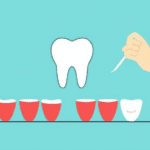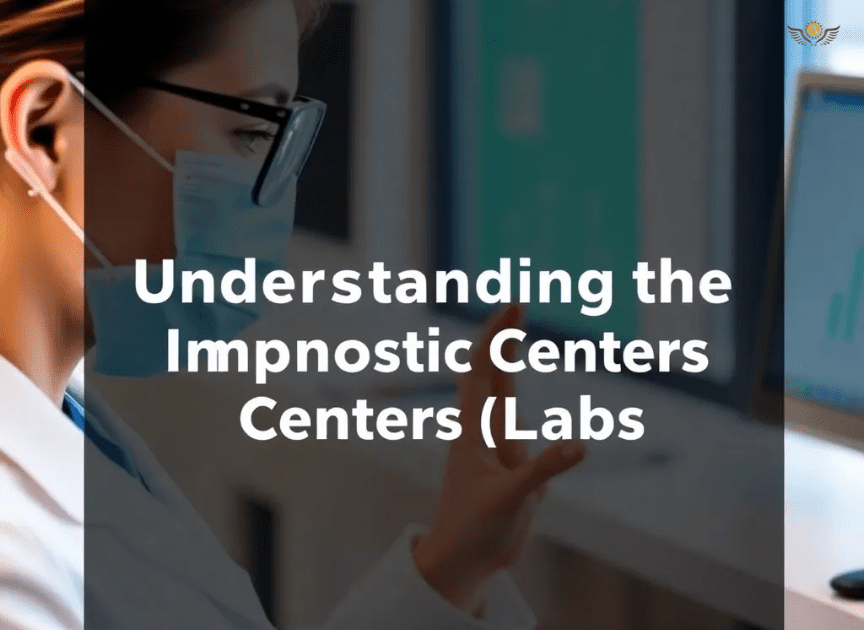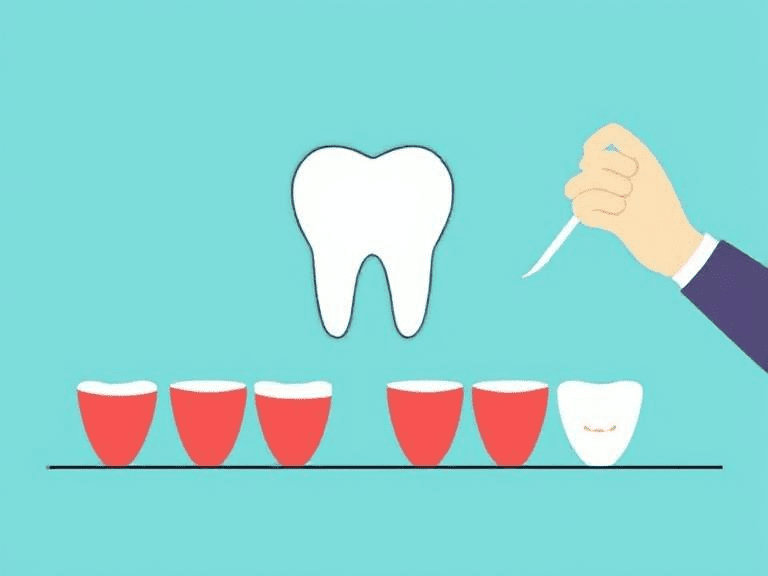Diagnostic centers play a key role in modern healthcare. When we think about solving health issues like foot pain bozeman, these labs come to mind. They help doctors see the unseen. With routine blood tests, imaging, and other tests, diagnostic centers provide essential information. These facilities help doctors make informed decisions. Understanding their value is crucial for anyone seeking effective treatment.
What Diagnostic Centers Offer
These centers provide a variety of services that help identify health issues early. They include:
- Blood tests to check for diseases and conditions.
- Imaging services such as X-rays and MRIs.
- Biopsies to detect cancer and other diseases.
Each of these services offers a glimpse into the body’s condition. They enable doctors to diagnose problems accurately and quickly.
The Benefits of Early Diagnosis
Early detection can save lives. Diagnostic centers help catch diseases before they become severe. This early intervention leads to better outcomes. Diseases like diabetes and cancer are more manageable when diagnosed early. The Centers for Disease Control and Prevention (CDC) underscores the importance of regular screenings to maintain health. Chronic diseases benefit from early detection, which can improve quality of life.
Comparison of Diagnostic Techniques
| Technique | Purpose | Example |
| Blood Test | Detects diseases through blood analysis. | Cholesterol levels |
| Imaging | Visualizes internal structures of the body. | MRI scan |
| Biopsy | Examines tissue for disease. | Cancer screening |
This table highlights the differences between common diagnostic techniques. Each has a unique role in patient care.
The Role of Technology
Technology enhances the effectiveness of diagnostic centers. Advanced machines and techniques provide clearer images and more precise results. This progress in technology means more accurate diagnoses. The National Institutes of Health (NIH) notes that data science plays a crucial role in improving diagnostic methods. With technology, healthcare providers can offer better care tailored to individual needs.
Making Informed Decisions
Access to accurate information is vital for making health decisions. Diagnostic centers equip doctors with the data needed to recommend effective treatments. They act as the bridge between symptoms and diagnosis. Without them, treatment plans can be guesswork rather than science-based.
Conclusion
Diagnostic centers are indispensable in healthcare. They provide crucial services that lead to early detection and informed treatment decisions. From routine blood tests to advanced imaging, these labs hold the key to understanding our health. Embracing the role of diagnostic centers can lead to better health outcomes and a deeper understanding of our well-being. By valuing these centers, we take a step towards a healthier future.












01ay66
1sooao